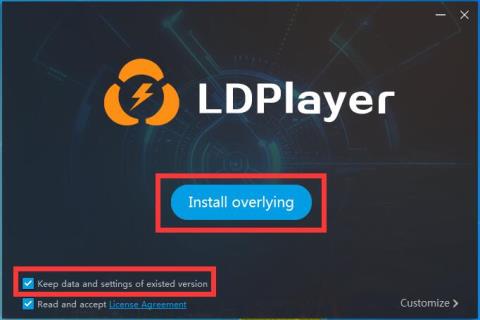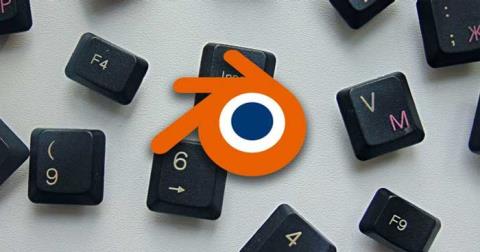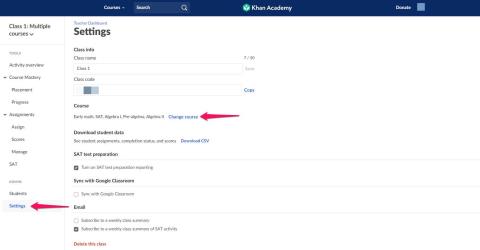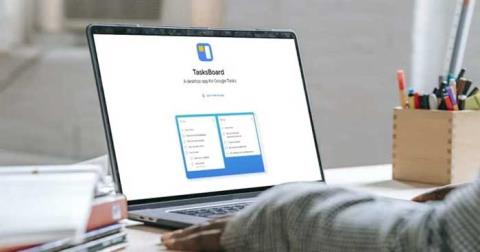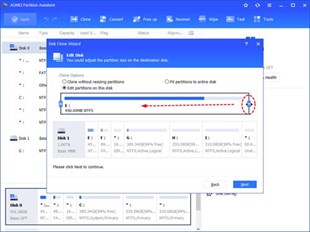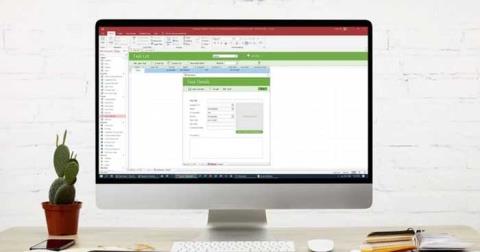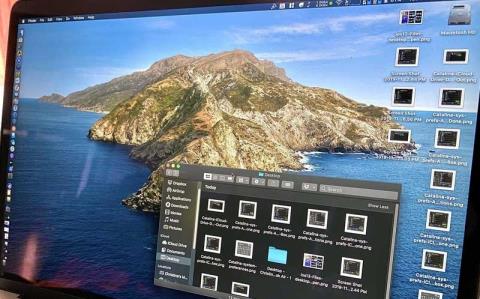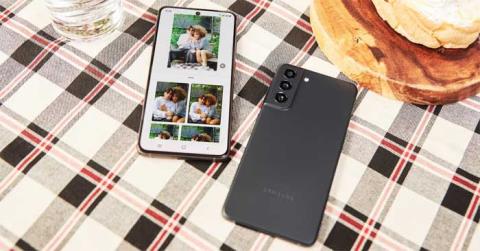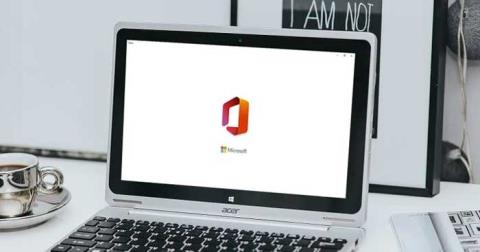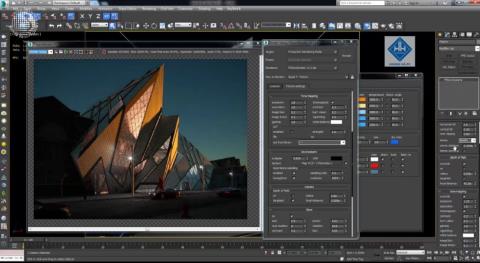What is a Keyboard? A keyboard is one of the main input devices for a computer. It looks similar to a typewriter. It has various keys that when pressed display numbers, letters, and other symbols on the display unit. A keyboard can perform other functions as well when certain combinations of keys are used. It is an essential peripheral device that completes a computer. Logitech, Microsoft, etc… are examples of companies that manufacture keyboards.
Keyboards are similar to typewriters because they were built based on typewriters. Although there exist keyboards with different layouts, the QWERTY layout is the most common type. All keyboards have letters, numbers, and arrow keys. Some keyboards have additional features such as a numeric keypad, keys for volume control, keys to power up/down the computer. Certain high-end keyboards also have a built-in trackball mouse. This design helps the user work with the system without lifting their hand to switch between the keyboard and the mouse.
Contents
What is a Keyboard and How Does it Work?
Given below is a keyboard with various sets of keys labeled.
Types of keyboards
Based on their layouts, keyboards can be classified into 3 types:
1. QWERTY keyboard – This is the most popularly used layout today. The layout is named after the first six alphabets on the top layer of the keyboard.
2. AZERTY – It is the standard French keyboard. It was developed in France.
3. DVORAK – The layout was introduced to reduce finger movement while typing in other keyboards. This keyboard was created to help the user achieve faster-typing speed.
Other than this, keyboards can also be classified based on construction. A keyboard can be either mechanical or have membrane keys. Mechanical keys make a distinct sound when pressed while membrane keys are softer. Unless you are a hardcore gamer, you do not have to pay attention to the construction of the keys in the keyboard.
Keyboards can also be classified based on their connection type. Some keyboards are wireless. They can be connected to a computer through Bluetooth or an RF receiver. If the keyboard is wired, it can be connected to a computer through USB cables. Modern keyboards use a Type A connector while the older ones used a PS/2 or a serial port connection.
To use a keyboard with a computer, the corresponding device driver has to be installed on the computer. In most modern systems, the device drivers that support the keyboard come pre-installed with the OS. Thus, there is no need for the user to download these separately.
The keyboards in a laptop, tablet, and smartphone
Since space is a luxury you cannot afford on a laptop, the keys are arranged differently than those on a desktop keyboard. Some keys are eliminated. Instead of function keys when used with other keys perform functions of the eliminated keys. Although they have integrated keyboards, laptops can also be connected to a separate keyboard as a peripheral device.
Smartphones and tablets have only virtual keyboards. However, one may buy a physical keyboard separately. Most of these devices have built-in USB receptacles to support wired peripherals.
The mechanism behind the working of keyboards
If you are the kind of person who likes taking things apart, to practically figure out how they work, you might want to see the inside of a keyboard. How are the keys connected? How does the corresponding symbol appear on the screen when the key is pressed? We shall now answer all of these questions one by one. However, you are better off without disassembling the keyboard to understand how it works. Assembling the parts back together will be a daunting task, especially if you misplace the minute pieces.
This is what the underside of the keys look like. In the middle of each key is a tiny cylindrical bar. On the keyboard are circular holes that the keys fit into. When you push a key, it goes down like a spring and touches the contact layers on the board. The holes are built with small pieces of rubber that push the keys back up.
The video above shows the transparent contact layers that the keyboards have. These layers are responsible for detecting which key is pressed. The cables inside carry electrical signals from the keyboard to the USB port on the computer.
The contact layers consist of a set of 3 layers of plastic. These are the most crucial elements of the working of the keyboard. The top and bottom layers have metal tracks that can conduct electricity. The layer in between has holes in it and acts as an insulator. These are the holes upon which the keys are fixed.
When a key is pressed, the two layers come in contact and produce an electrical signal that is carried to the USB port on the system.
Maintaining your keyboard
If you are a regular writer and you use your laptop quite frequently, it would be wiser to use a plug-in USB keyboard. Laptop keyboards are built to handle soft usage. They will wear out quickly if you use the keys regularly as writers do. The keys can handle about a million presses. Even a few thousand words per day are enough to wear out the laptop keys. You will soon find dust accumulated under the keys. You will not be able to press some keys properly as they stick to the board even when they’re not pressed. Replacing your laptop keyboard is an expensive affair. An external keyboard, when set up properly, will help you type faster too.
Keyboard Shortcuts
All the keys in the keyboard are not equally used. You may not know why some keys are used. Not all keys are used to display something on the screen. Some are also used to perform special functions. Here, we have discussed a few keyboard shortcuts along with their respective functions.
1. Windows key
The Windows key is commonly used to open the start menu. It has other uses too. Win+D is a shortcut that will hide all the tabs to show the desktop or open all the active tabs back again. Win+E is a shortcut to open the Windows Explorer. Win+X opens the power user menu. This menu provides users access to advanced tools that are difficult to open from the regular start menu.
Keyboards meant for gaming have keys that perform special functions that are not available in regular keyboards.
2. The modifier keys
Modifier keys are commonly used for troubleshooting purposes. Alt, Shift and Ctrl keys are called modifier keys. In MacBook, the Command key and the Option key are the modifier keys. They are called so because, when used in conjunction with another key, they modify the function of that key. For example, the number keys when pressed display the respective number on the screen. When they are used with the shift key, special symbols such as ! @,#… are displayed. Keys that have 2 values displayed on them need to be used with the shift key to display the top value.
Similarly, the ctrl key can also be used for different functions. Commonly used shortcuts are ctrl+c for copy, ctrl+v for paste. When the keys on the keyboard are used independently, they have limited use. However, when combined with the modifier key, there is a long list of actions that can be performed.
A few more examples are – Ctrl+Alt+Del will restart the computer. Alt+F4 (Alt+Fn+F4 on some laptops) will close the current window.
3. Multimedia keys
Apart from the window key and the modifier keys, there is another class of keys called multimedia keys. These are the keys you use to control the multimedia played on your PC/laptop. In laptops, they are usually clubbed with the function keys. These are used to play, pause, reduce/increase volume, stop the track, rewind or fast forward, etc…
Making changes to the keyboard options
The Control Panel allows you to change some keyboard settings such as the blink rate and the repeat rate. If you want more options, you may install third-party applications such as SharpKeys. This is useful when you have lost functionality in one of the keys. The app allows you to select another key to perform the function of the faulty key. It is a free tool that provides several additional functionalities that are not found in the Control Panel.
Recommended: What is an ISO File? And Where are ISO files used?
Summary
- The keyboard is an input device that completes your device.
- Keyboards have different layouts. QWERTY keyboards are the most popular.
- There are contact layers beneath the keys which come in contact when a key is pressed. Thus, the pressed key is detected. An electrical signal is sent to the computer to perform the respective action.
- Frequent laptop users are recommended to use plug-in keyboards so that the integrated keyboard in their laptop does not wear out easily.
- Other devices such as mobile phones and tablets have only virtual keyboards. One may connect them to an external keyboard if they wish.
- Apart from displaying symbols on the screen, the keys can be used to perform various functions such as copy, paste, open start menu, close a tab/window, etc… These are called keyboard shortcuts.



